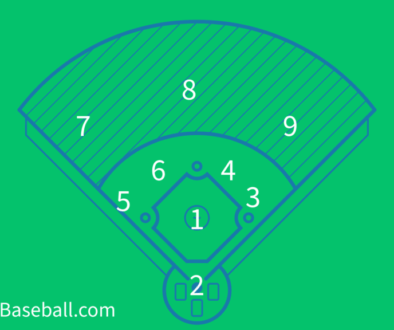How to Teach Baseball Situations Without Overwhelming Your Kid
(A Parent’s Guide to Building Baseball IQ the Fun Way)
When your kid boots a ground ball, you chalk it up to a bad hop. But when they throw to the wrong base or forget how many outs there are? That feels a little different.
Welcome to the world of baseball IQ—the part of the game that’s not about mechanics, but about instincts, reactions, and decisions. It’s also one of the hardest things to teach… especially without turning your ballplayer’s brain into a whiteboard of rules and reminders.
The good news? You can help your player develop strong baseball instincts at home—and it doesn’t have to feel like school.
Here’s how to do it the fun, simple, low-pressure way.
1. ✅ Keep It One Situation at a Time
Don’t try to explain cutoffs, rundowns, tags, bunts, relays, and pickoffs in one sitting. That’s a coaching clinic—not a car ride.
Instead, focus on one common situation at a time:
-
“What do you do if you’re on first and the batter hits a fly ball to right field?”
-
“Ball hit to you at second—one out, runner on third. Where’s the play?”
Short questions. Clear answers. Let them think, then talk it out.
🧢 Coach T Tip: Keep it conversational. Ask, listen, guide. No lectures.
2. 🎮 Turn It Into a Game
Make it a fun challenge at dinner or during batting practice:
-
“Where’s the play?” – You say a situation, they call out the right move.
-
“Baseball Would You Rather” – Ask quirky baseball what-ifs to keep it light.
You can also:
-
Use wiffle ball to walk through situations in the backyard.
-
Draw out the field on paper or a whiteboard and move pieces around like chess.
🧢 Coach T Tip: Kids learn best through play. Make the brain reps feel like part of the fun.
3. 🎥 Watch Games Together (With a Purpose)
Whether it’s MLB, college ball, or your team’s game film, watching baseball together is a goldmine for IQ.
Don’t overanalyze every play—just pick a moment and ask:
-
“Why do you think the shortstop threw to second there?”
-
“What would you do if you were the catcher?”
Use the pause button wisely. No pressure, just prompts.
🧢 Coach T Tip: Players absorb a ton just by seeing it done right. Be their guide, not their critic.
4. 🗣 Talk Through Your Mistakes (or Theirs) With Grace
When your player makes a mental mistake, they usually know it. Instead of piling on with corrections, try this:
-
“What did you see there?”
-
“Next time, what’s another option?”
Even better—share a time you made a mental mistake (in sports, work, or life) and what you learned.
🧢 Coach T Tip: Teaching baseball IQ is really about teaching how to think under pressure—not just what to do.
5. 🧠 Repeat Situations Over Time (Not All at Once)
Baseball IQ isn’t built in one big conversation—it’s built like muscle, with light reps over time.
Revisit similar situations from different angles:
-
One out, runner on second
-
Two outs, runner on first
-
Fly ball vs. ground ball scenarios
Each time you circle back, your player gains confidence and recall.
🧢 Coach T Tip: The goal isn’t perfection—it’s faster decisions, clearer thinking, and smarter baseball.
📝 TL;DR
Want to grow your player’s baseball IQ without overwhelming them? Think simple questions, short convos, and fun reps. Keep it light, keep it positive, and trust that their instincts will grow with time, experience, and support from both dugout and home.





